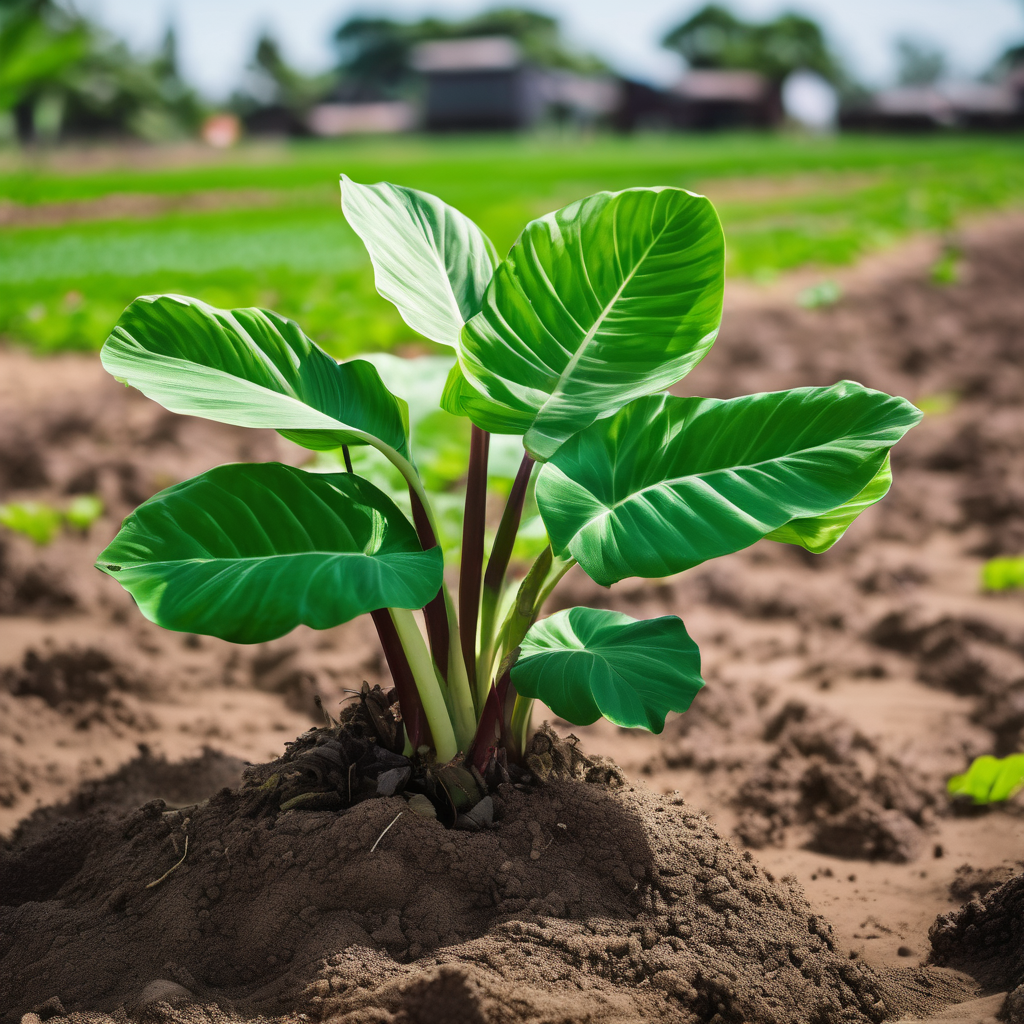Fiji is facing significant challenges concerning its food security, with an increasing reliance on imported food and a declining number of local farmers. To combat these issues, the Fijian government has launched a new Policy on Food and Nutrition Security during its World Food Day celebration at Deuba District School.
The event was held under the global theme “Hand in Hand for Better Foods and a Better Future,” which aimed to bring together community members, students, and teachers to advocate for healthy eating and sustainable farming practices. Minister for Agriculture and Waterways, Tomasi Tunabuna, delivered the new policy to the Minister for Health and Medical Services, Dr Ratu Atonio Lalabalavu, marking a renewed governmental focus on enhancing the nation’s food systems.
Dr. Lalabalavu expressed concern about Fiji’s heavy dependency on food imports, stating that local production is essential for building resilience against potential global supply chain disruptions. He highlighted the importance of encouraging local agriculture, noting, “We are working to manage this by encouraging everyone to grow local and eat local.”
Minister Tunabuna identified the decline in active farmers as one of the key challenges, referencing a common perception of farming as a “last resort.” He warned that this shortage of new farmers threatens the long-term availability of food in Fiji. “We need more people who see farming as a business, something they can rely on as a source of income,” he said.
Moreover, Tunabuna pointed out that climate change and competition from other producers also complicate the farming landscape. Many existing farmers are aging, and fewer young individuals are entering the sector due to the challenges and costs involved. “We need to train more farmers and create policies that address the current realities. Farming requires commitment, but it’s also one of the most essential sectors for our nation’s survival,” he added.
The Policy on Food and Nutrition Security aims to enhance access to safe, affordable, and nutritious food while tackling production, distribution, and sustainability challenges. This initiative reflects ongoing concerns about the link between agriculture and health, as previously highlighted by various experts discussing Fiji’s food system.
Ongoing discussions have noted that while efforts are being made to boost exports, there is a pressing need to balance this with local food production for improved nutrition among Fijians. Collaborative initiatives like the Farm to Fork program play a crucial role in promoting sustainability, helping to reduce import costs and support local farmers.
Despite the hurdles, there remains optimism for Fiji’s agricultural sector. By fostering unity among government agencies, private sectors, and community organizations, Fiji can revitalize its food systems and work towards a healthier, more self-sufficient future. Increasing local food production will not only enhance nutrition but also pave the way for a financially resilient agricultural economy, benefiting all Fijians.
